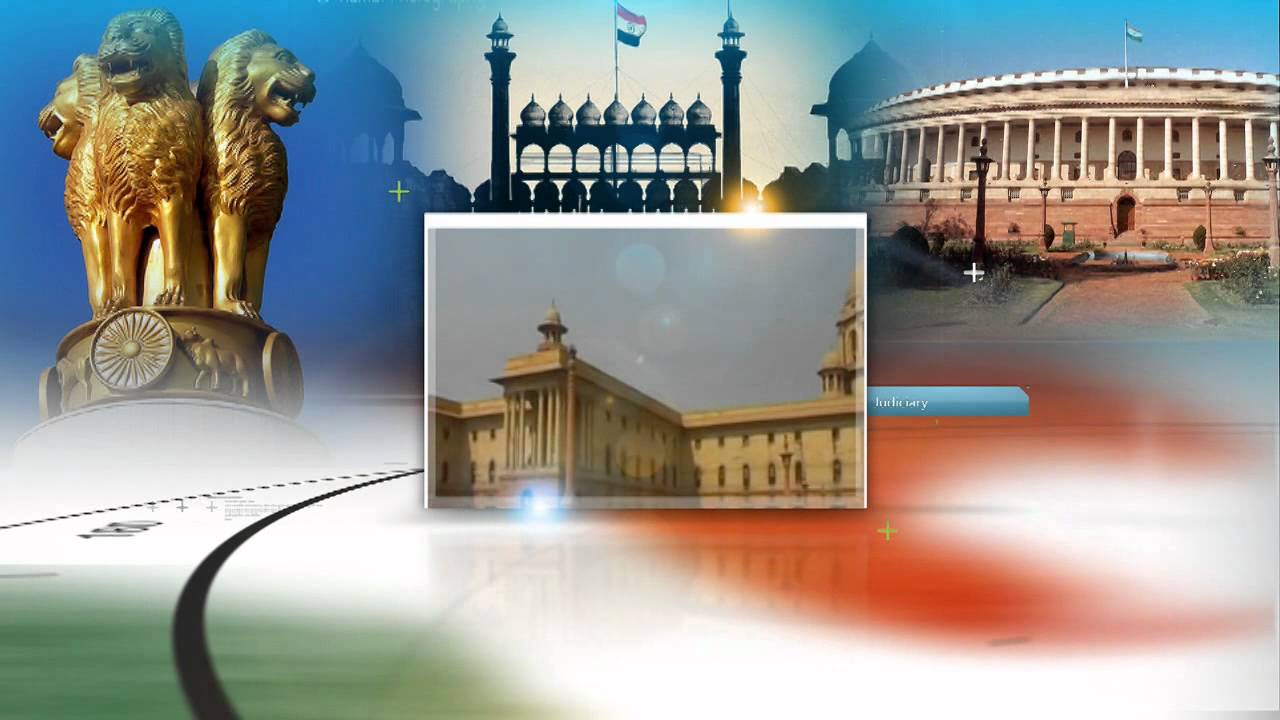Font size:
Print
Being ‘Trans’ is Being Human
Context:
The heart-wrenching plight of teenagers facing familial cruelty, suicide attempts, and street violence underscores the urgent stakes of the heated debate surrounding the ‘transgender question.’
Human Rights and Identity:
- Humanity vs. Fragmentation: Being transgender is fundamentally human, and trans-scepticism fragments this integral self.
- Not Western Debates: The rights of transgender individuals are not about Western culture wars but about the universal right to recognition and dignity.
- Historical Parallels: Discriminatory questions about identity, once applied to women, slaves, and racial minorities, are now similarly applied to transgender individuals.
Societal Perception and Legal Challenges:
- Persecution and Violence: Trans individuals, especially from marginalised backgrounds, face brutal rejection from family, persecution, and violence.
- The narrative that transgender identities are not “real” has driven discriminatory laws worldwide, especially in the U.S. Far-right groups have introduced bills aimed at curbing trans rights, echoing past discriminatory practices like bathroom segregation.
- Bathroom Debates: Historical arguments justifying discrimination, such as segregated bathrooms, are being repurposed to exclude transgender people.
- Historically, civil rights denial was masked as legitimate debate, much like today’s gender-critical movement questioning trans identities, further marginalising the trans community.
Gender Identity and Philosophical Thought:
- Simone de Beauvoir’s Ideas: Gender identity is not tied to biology but is a social and experiential phenomenon.
- Beauvoir’s line, “One is not born, but rather becomes, a woman,” challenges the notion of a fixed binary.
- Society’s character is what is truly in question when evaluating the humanity and dignity of trans persons, as demonstrated in pop culture references like Star Trek: The Next Generation, where the focus is on affirming one’s right to choose and live with dignity.
- Mind and Body Duality: The discourse on trans identity often challenges the traditional Cartesian divide between mind and body, aligning with modern philosophical critiques.
- A Nazi member of the International Olympic Committee proposed a policy requiring female Olympians to provide doctors’ certificates, which was ironically implemented after the Nazi defeat at the 1948 London Games.
Institutional and Legal Framework:
- Transgender Persons (Protection of Rights) Act, 2019: This law affirms the right of transgender people to self-perceived gender identity and ensures protection in various aspects like healthcare and employment.
- Prison Advisory: Separate enclosures and respectful treatment are mandated for transgender inmates, ensuring their privacy, dignity, and access to rights.
Challenges in Employment and Society:
- Workplace Discrimination: Many transgender individuals face obstacles in securing employment due to societal biases, even when they are legally qualified.
- Educational and Social Discrimination: From schools to public spaces, trans individuals face alienation, bullying, and systemic discrimination that hinders their progress and integration.
- Legal Precedents: The Supreme Court of India has recognised the right of transgender individuals to marry under existing laws, further asserting their rights in heterosexual relationships.
Intersectionality and Reservation:
- Reservation Issues: While transgender people can avail reservations under existing categories like SC, ST, and OBC, there is still no separate reservation for transgender individuals, which many argue is essential for mainstreaming their rights.
Broader Social Reflection:
- The Measure of Humanity: The debate on transgender rights reflects more on society’s character than on the individuals themselves.
- The treatment of marginalised communities, such as the transgender community, tests the values of personal liberty and human dignity.
- This piece frames the transgender experience as a battle for human rights and dignity, not just an abstract cultural debate. It calls for societal transformation and the recognition of every human being’s inherent worth, transcending historical prejudices.



